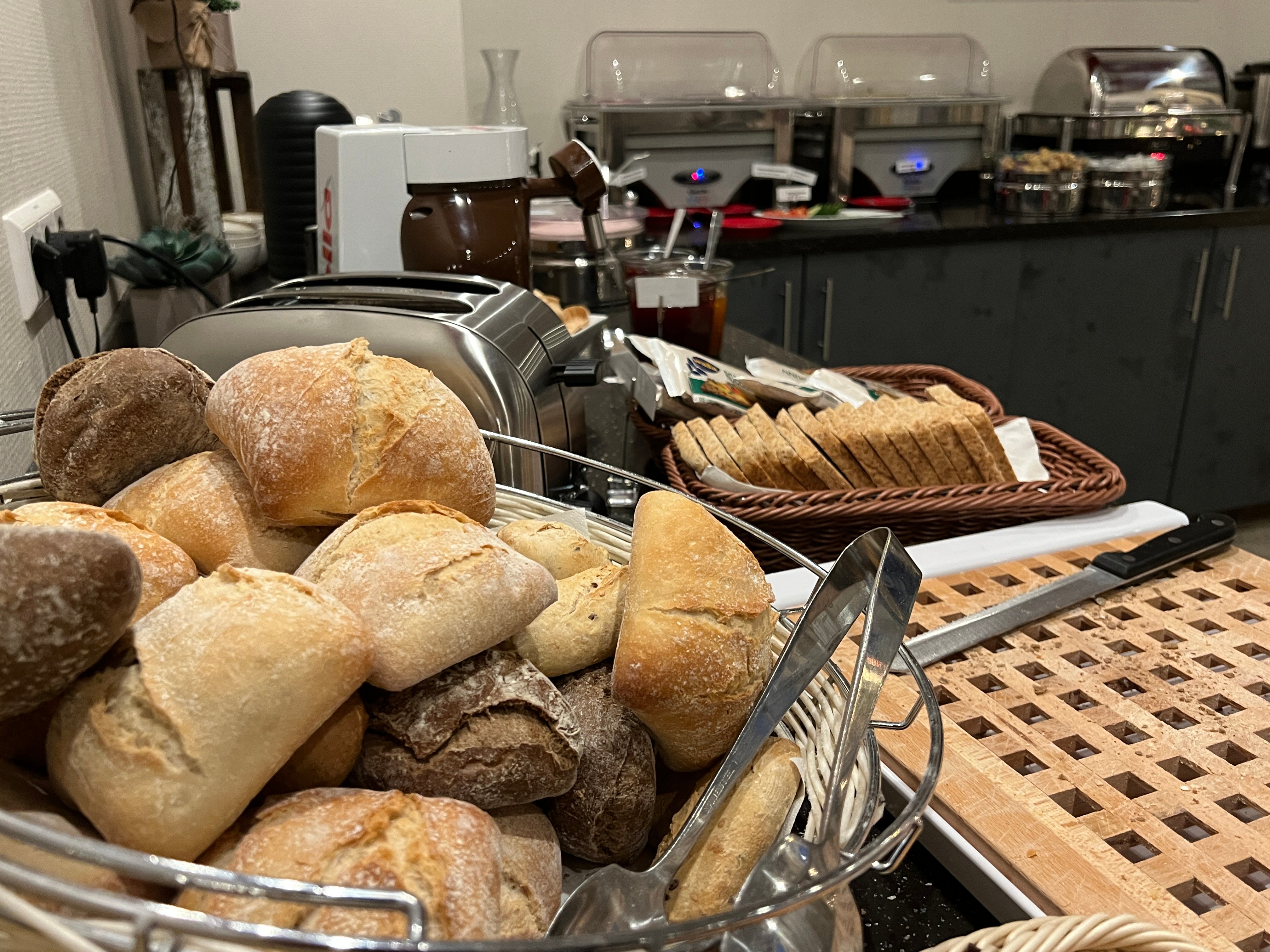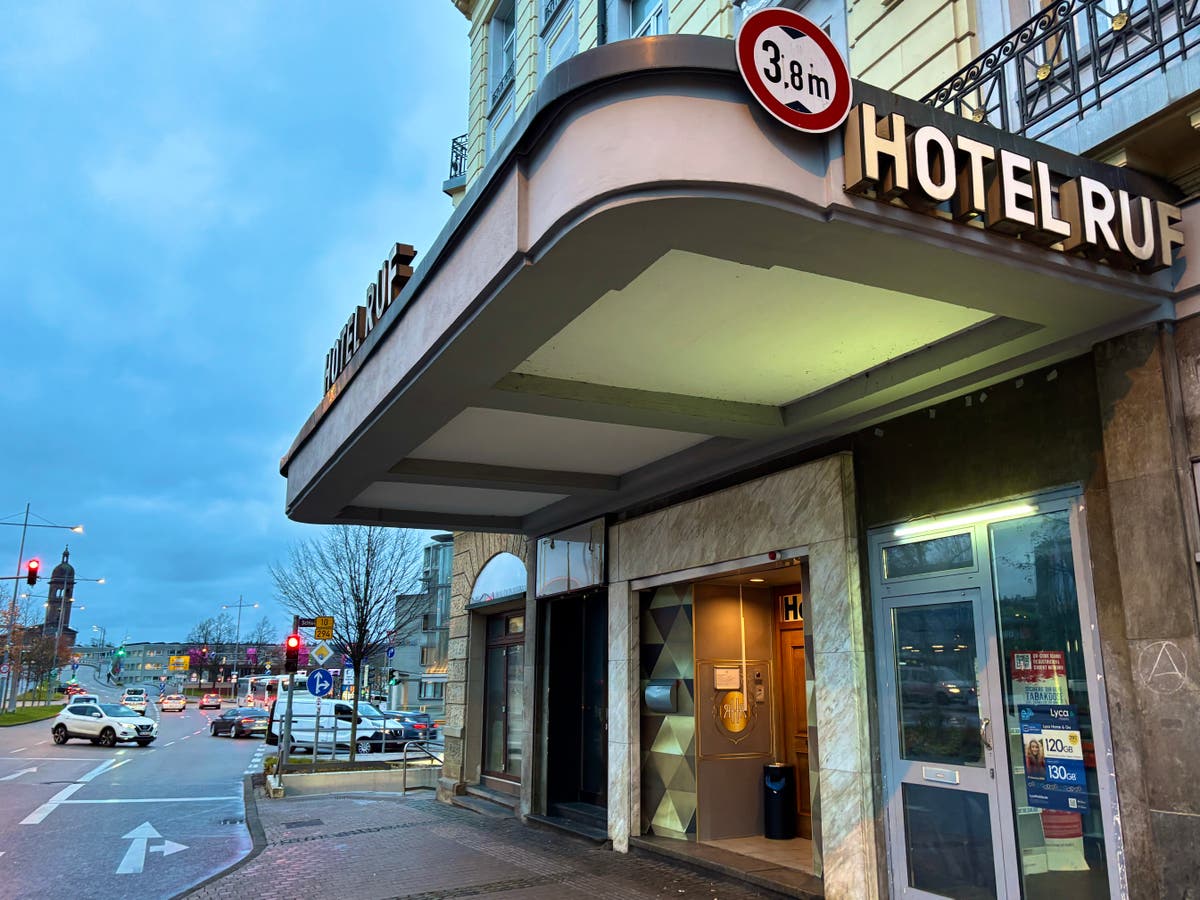Travel and the internet are made for each other. Every day millions of travellers can select from millions of offers of hotels, flights, trains and much else, and purchase the product swiftly at a decent price.
Some intermediaries have created customer-friendly platforms that make it easy to select and book travel. On the railway, Trainline offers an excellent experience (in return for a fee). And for hotels, Booking.com dominates the market so comprehensively that it is the most successful travel firm in the world – today valued at £136bn (for comparison, that is seven times more than Europe’s biggest budget airline, Ryanair).
On a typical transaction, Booking.com takes 15 per cent of the payment made by the guest. Some properties are happy to pay a slice to the intermediary because it helps with marketing and it can make life administratively easier. Others grumble that they have little choice but to make rooms available through the firm.
The giant travel platform is now seeking to persuade hoteliers to cut their rates for people who book online. I tried out the system in Pforzheim, southwest Germany.
There is nothing rough about the Hotel Ruf. It is a perfectly pleasant budget hotel catering mainly for people temporarily working in the area and a few tourists.
Agreed, the carpets in public areas could do with a deep clean. But everything else – from the pillow to the breakfast to the wifi – is excellent. It would be a good deal at €60 (£50), the price quoted on Booking.com when I checked on my laptop. But I paid £10 less.
This is how the system works.
What are mobile-only rates?
Booking.com tells hoteliers “you can increase your bookings from mobile devices by up to 30 per cent by offering special mobile rates”. This is “a special discounted rate that’s only visible when travellers use our app or access our website via a mobile browser.”
The idea is that people will be attracted with special deals, especially millennials – people born between the early 1980s and the late 1990s. Booking.com says these prospective guests “are more likely to book using mobile devices”.
I am not technically in that age bracket, but I still know how to use a mobile phone. The booking platform tells hoteliers: “The majority of reservations on our platform are made using mobile devices, so offering a mobile rate helps you tap into this potential.
“Targeting mobile users is more important than ever, since increasing numbers of travellers use mobile devices when both thinking ahead to future trips and booking spontaneously.”

Is there a fixed discount?
That is up to the proprietor. Booking.com says: “You can choose to offer a discount of at least 10 per cent but for the best results, we recommend 15 per cent.”
The discount I got was 18 per cent. The poor proprietor took only £34, I calculate, for a room – and the excellent breakfast – that was worth twice as much. Because I prefer to deal direct, before I clicked to book I went to the reception desk and said if they could match the deal, I would gladly pay direct. That way, the hotel would get the full £40 I paid.
But the guy on duty said: “I just cannot match that. So you better go through Booking.com.”
I duly made the booking on my phone.

Do you know any other enterprises that offer different rates?
The only one that I have used is the app for LNER, the train operator on the East Coast main line. It offers “split tickets” – not shown on the website. I also use Uber for train tickets because of the discount (in the form of Uber credit) offered – and I imagine that almost everyone uses a smartphone to use the app rather than going to a website.

